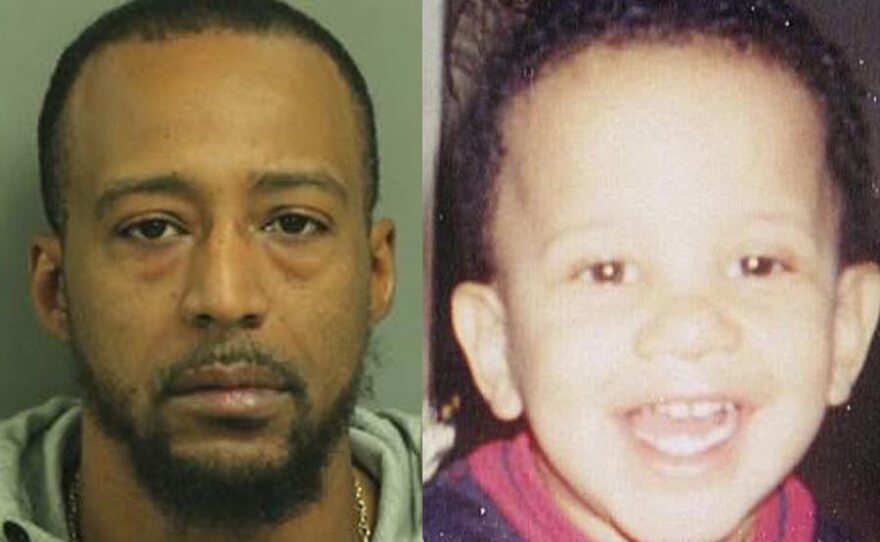A judge Wednesday dismissed a murder charge against Tieray Jones, who was accused in the 2002 death of his 2-year-old stepson, Jahi Turner.
Jurors deadlocked last Friday on whether Jones was guilty of second- degree murder or involuntary manslaughter. Only two jurors said the defendant was guilty of murder.
Superior Court Judge Joan Weber said the fact that Jahi's body has never been found and the delay in bringing the case to trial made it unlikely that any jury in the future could find Jones guilty.
Weber said she couldn't rule out whether Jahi was kidnapped from a Golden Hill park — as Jones claimed — whether the child was injured and died and the defendant panicked and got rid of the body, whether Jahi was injured and Jones watched him die, or whether Jones killed the toddler and disposed of the body.
The judge said it was unlikely that prosecutors could come up with new evidence at a retrial.
Weber said Jones "lied repeatedly" during the investigation, but that was not enough to warrant another trial.
RELATED: Prosecutor: Stepfather Failed To Get Care For Injured Stepson Jahi Turner In 2002
"Obviously, this is a disappointing ruling today," Deputy District Attorney Nicole Rooney said outside court. "For the past 16 years, we've hoped to get justice for Jahi Turner. We agree with the court that we wish this case had been filed closer in time so that the delay wouldn't have been an issue. We were grateful to the work of the jurors, that 10 of them found that Jahi Turner is dead and Mr. Jones is criminally liable for it. Unfortunately, that wasn't enough to continue to go forward."
Jones, now 39, reported the boy missing on April 25, 2002. The defendant was charged with murder in 2016.
In her closing argument, Rooney said Jahi died on the second day he was being watched by his stepfather, either by inflicted injury or as the result of an accident. Jones got rid of the child's body and fabricated a story that he was kidnapped from a park about a mile from their Golden Hill apartment, the prosecutor alleged.
Jones was watching Jahi while the child's mother, his wife Tameka Jones, was out to sea with the Navy. The defendant had no money and was frustrated with Jahi wetting the bed, Rooney said.
In 2002, Jones told police that Jahi disappeared the afternoon of April 25 when Jones went to buy a drink from a vending machine. On the witness stand, the defendant admitted that he actually lost the boy two hours earlier.
"You make up a story like this to get away with murder," Rooney told the jury. "The word of an admitted liar, that is all you have."
The prosecutor said the tot was never seen after April 22. Two days later, neighbors saw the defendant carrying three full large trash bags toward a dumpster, Rooney said, telling jurors that Jahi "was thrown away like a piece of trash." The child's body was never found.
Jones told his wife that Jahi fell off the bed and hit his head. The defendant wrote in a journal that the child was "lethargic" and was "not really moving" two days before he reported him missing.
"I don't want him (Jahi) hating me for something I can't control," the defendant wrote.
Deputy Public Defender Courtney Cutter told the jury that law enforcement focused on Jones as their suspect from the beginning.
"Mr. Jones has always, always been their guy," Cutter said.
Cutter said Jones may not have been the "best guy" but wasn't a man who would "watch his stepson die and throw him away in the garbage."
"He's an imperfect father, but not a reluctant one," nor was he a cold-blooded killer, his attorney told the jury.
"If he (Jones) killed him for wetting the bed, why is he writing about it the next day?" Cutter said.
Jones was arrested in April 2016 in North Carolina and brought back to San Diego to face the murder charge.







